
England head into the knockout stage of Euro 2024 knowing they will need to find a way to move up the gears having remained stuck in first – at best – throughout their group stage games against Serbia, Denmark and Slovenia.
Gareth Southgate’s side scored just two goals in their three games and were held to two frustrating draws, with their inability to create much in the way of clear cut chances particularly frustrating to those who have travelled to Germany or watched on from home.
So what’s at the root of their issues? Well, a lot of little things adding up to a lot of big issues, basically…
Why You Finally Saw The REAL England Against Slovenia (For About 2 Minutes)
Midfield personnel trial and error
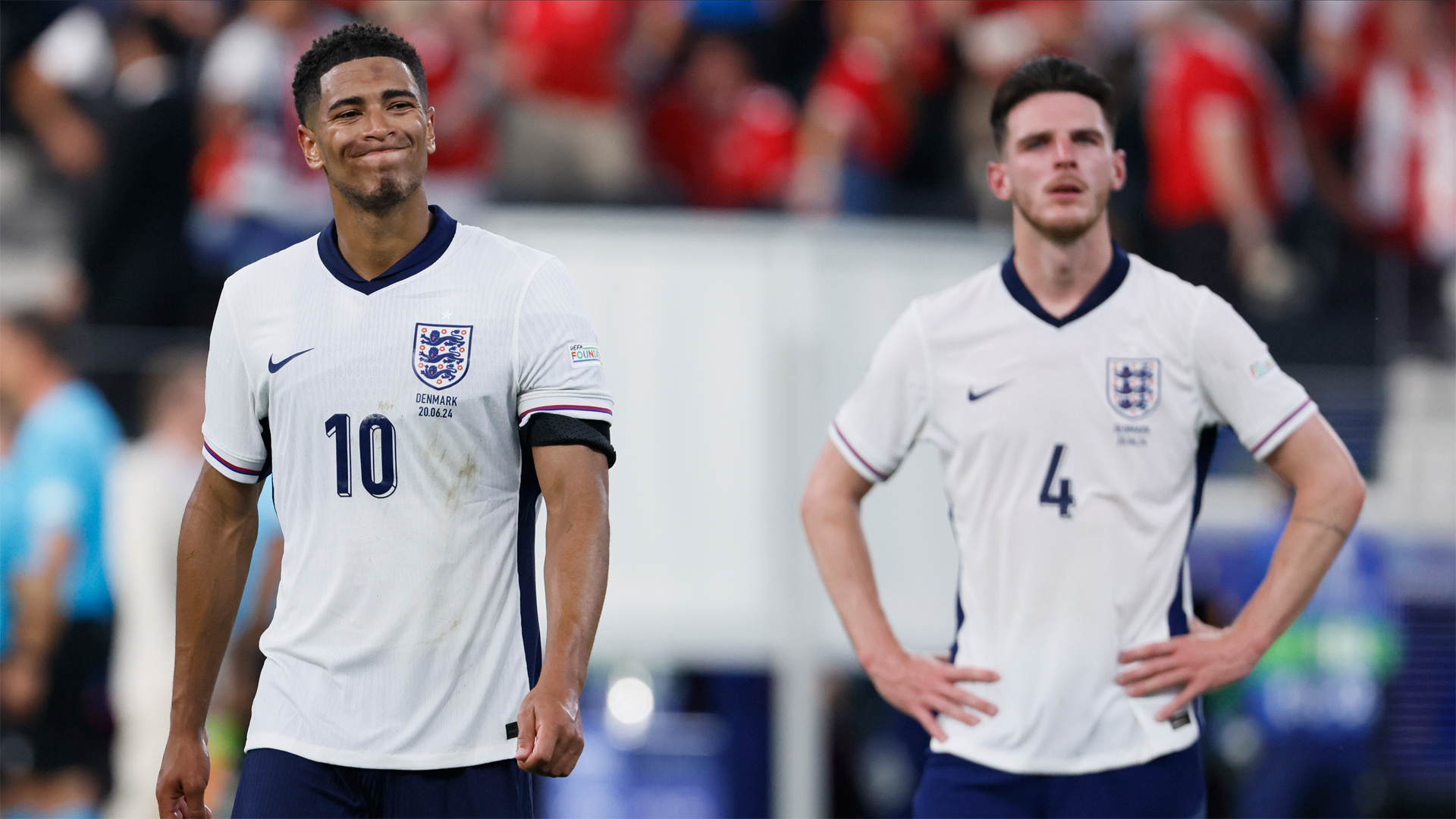
The big talking point and an almost wilfully boring place to start, but only because it’s been so transparently obvious that it’s an issue that it would be even more perverse to ignore it.
Having Declan Rice as one of a pair of double pivots and Jude Bellingham at number 10 is an eminently sensible way for Southgate to have approached things, but that crucial third player in the triumvirate has proven frustratingly elusive to Southgate – especially given his apparent unwillingness to give the inexperienced Kobbie Mainoo and Adam Wharton a go before finally relenting by sending on the Manchester United midfielder against Slovenia.
Mainoo has perhaps been the most convincing of the three players Southgate has tried out (Trent Alexander-Arnold and Conor Gallagher being the others), but that really isn’t saying much.

Say what you like about Kalvin Phillips or Jordan Henderson, but for years they were at the very least a reliable presence for Southgate, with both willing to put in the hard yards off the ball and do the unglamorous but necessary business on it.
Southgate explained Alexander-Arnold’s selection in central midfield before the Serbia game as being about his excellent passing range, but he played so high as to effectively become a second number ten. While that was effective in helping creating space for Bukayo Saka, it nullified the entire purpose of selecting Alexander-Arnold in a nominally deeper role; he can’t very well play raking passes to himself.
But for our money, that isn’t the way to go in any case. England have been particularly lacking a box-to-box midfielder who will carry the ball long distances when the ol’ tippy-taps fail to get them anywhere: Rice is the only one of their deeper-starting midfielders to have successfully dribbled past an opponent so far this summer, according to WhoScored data. They have players higher up the field who can do that – but getting it to them in the first place is proving troublesome.
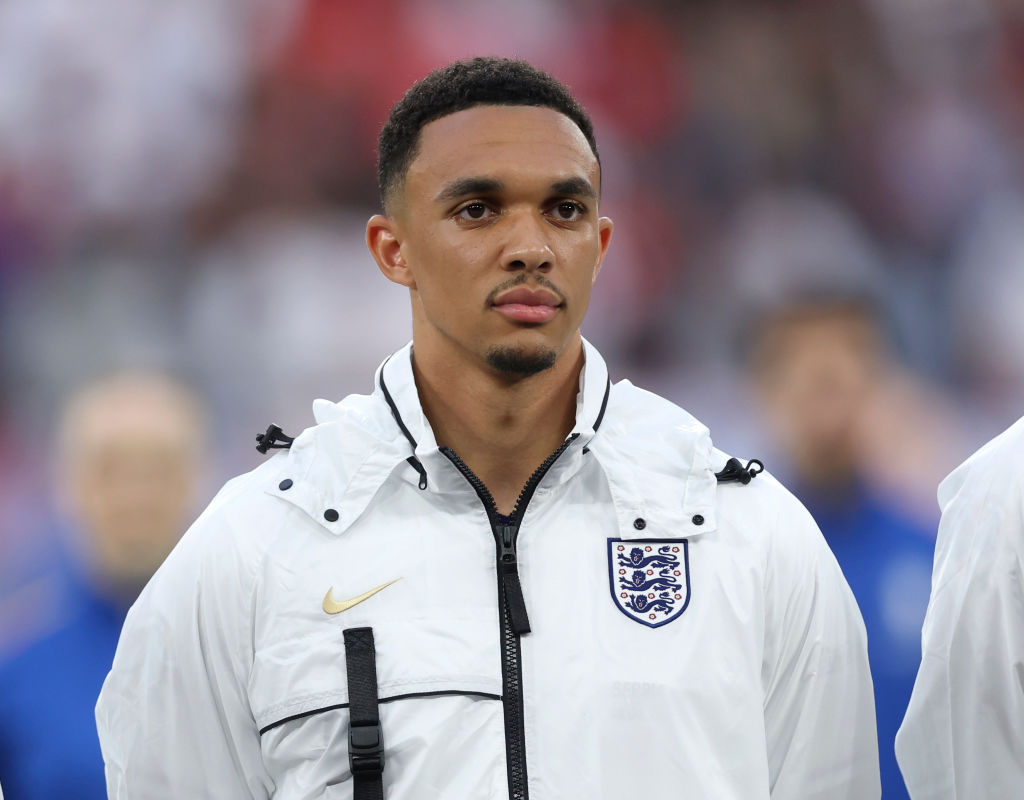
Getting stuck on halfway for long spells
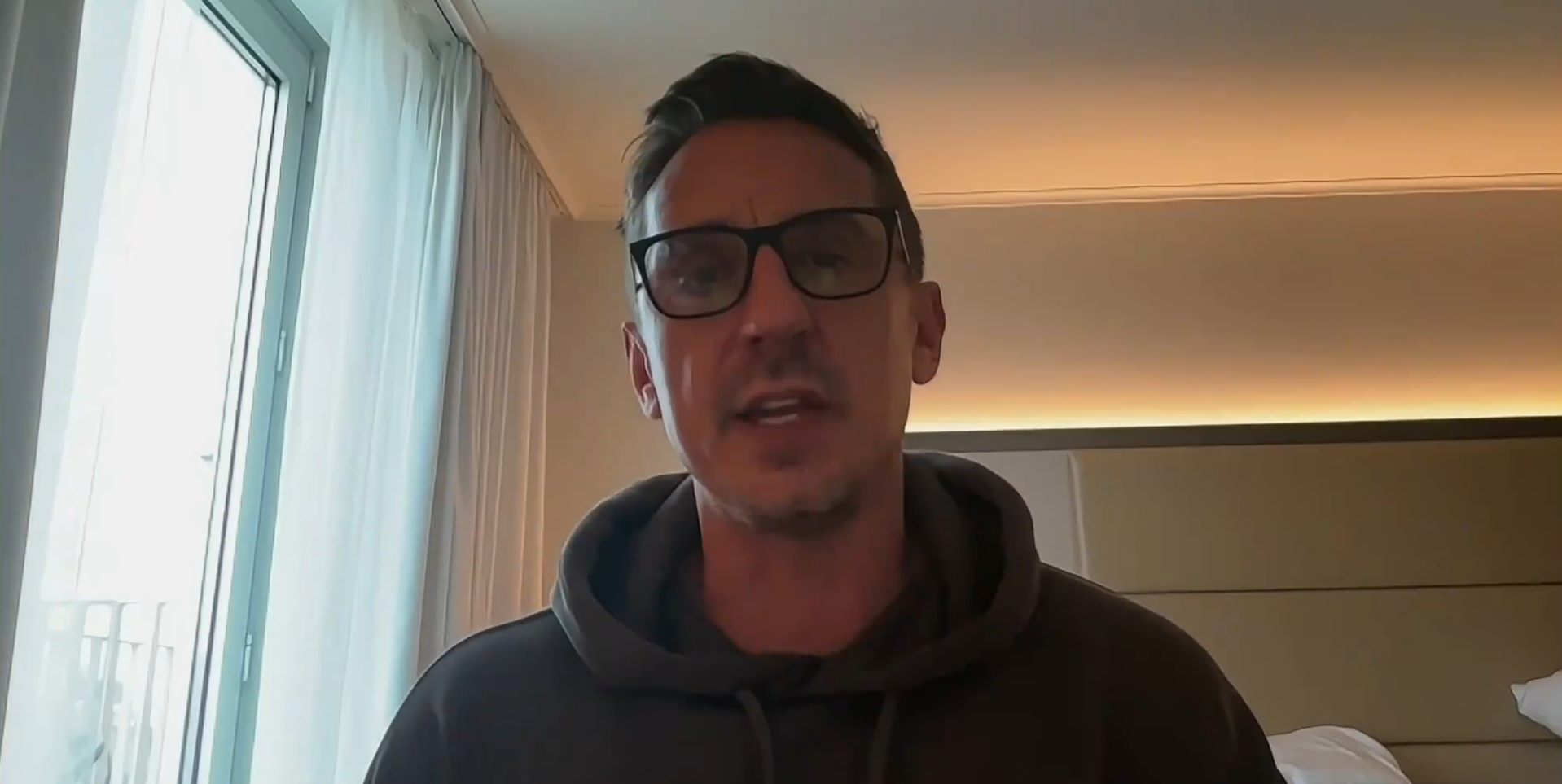
Cause, meet effect. That lack of familiarity in the middle of the park has led England to spend an astonishing amount of time knocking the ball about aimlessly in midfield.
As Gary Neville raised during the Slovenia game, none of what England do is at all instinctive. The players are getting the ball without a clear image in their heads of what they are going to do with it next: it’s been receive the ball, then work out what they’re going to do.
The result of that is that no other side at Euro 2024 has spent more time in the middle third of the pitch than England (50%), and only six sides have spent less time in the opposition third: Hungary, Scotland, Poland, Slovenia, Albania and Georgia.

Contrast that with Germany – the only side to have played more passes than England so far, but also (by some distance) the side that have spent the most time in the opposition third.
There’s a reasonably strong argument that the makeup of the groups may have something to do with that: Group C was particularly low-scoring and unadventurous, and you wonder how differently England might have fared if they had swapped places with, say, Portugal.
Still (and we mean this respectfully…) it’s not like they were drawn in a group of death, either, and they will have come into the group expecting to be more than a match for all three sides they faced.
Short of ideas in the final third
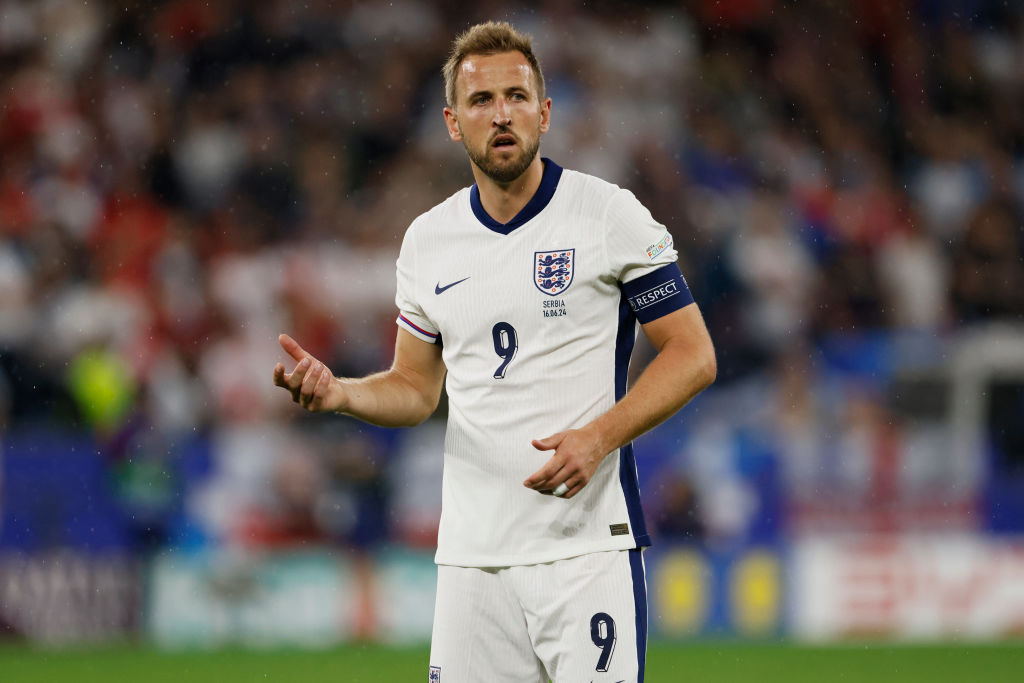
Against Serbia, there was a period where Saka looked borderline unplayable out on the right wing, but once the opposition worked that out and closed it off at the interval, they were left with nothing, despite Jude Bellingham’s impressive individual performance.
Against Denmark, after Harry Kane’s goal, there was practically nothing to write home about whatsoever.
And against Slovenia, the only really incisive bit of play England mustered in the first half was in producing the Saka goal that was swiftly ruled out for offside.
Things did improve in the second half, but not nearly to the degree that the ITV pundits would have you believe after the game.
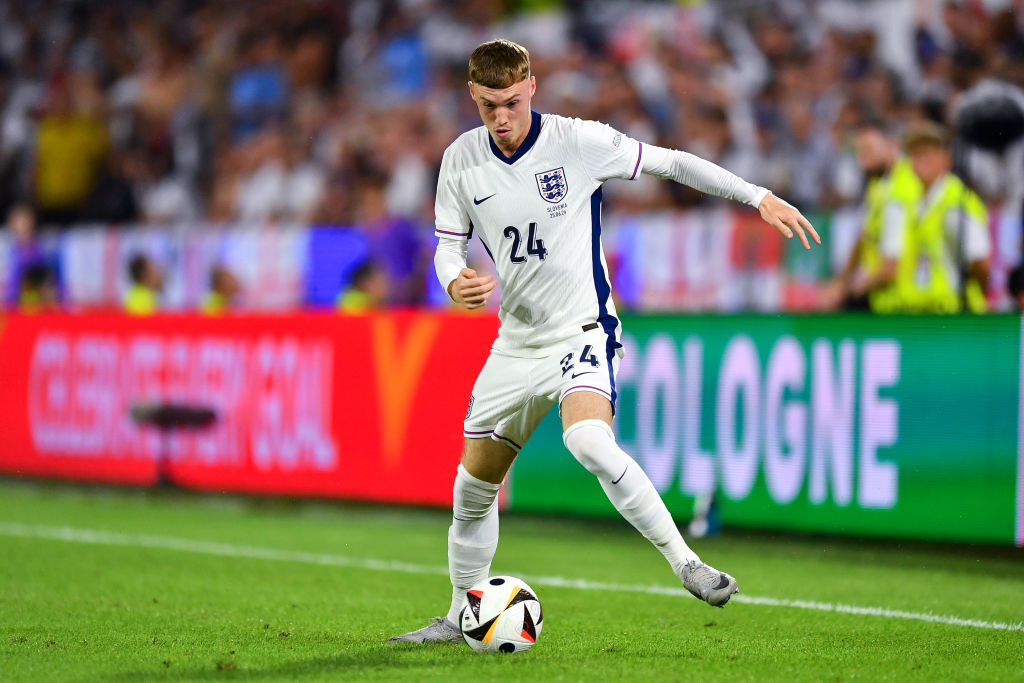
Roy Keane and Ian Wright’s gushing proclamations that ‘you feel like Cole Palmer is going to do something every time he gets on the ball’ somewhat negated by the fact that Cole did not, in actual fact, actually do anything of real consequence any time he was on the ball, and wasted England’s best (legitimate) chance late on by putting a tame effort straight at Jan Oblak at the near post when the unguarded far post looked a far more inviting target. But they feel like he’s going to do something, so he should definitely play!
Either way, the upshot is that only four sides have a lower expected goals than England’s 2.19, according to Opta data: Romania, Serbia, Slovakia and Scotland. And two of those sides still haven’t played their third group game yet.
The absence of an obvious runner in behind has been a particular issue for England. Kane’s fondness for coming deep has been helpful, at times, for the side to have someone to play to, but all of the players overlapping tend to sit in front of the defensive line and look to run at players, rather than playing off the defender’s shoulder and making runs in behind in hopes of receiving a through ball. Bring back Darius Vassell, we say.
But creating chances isn’t all about what you do on the ball…
Allowing opposition pressure
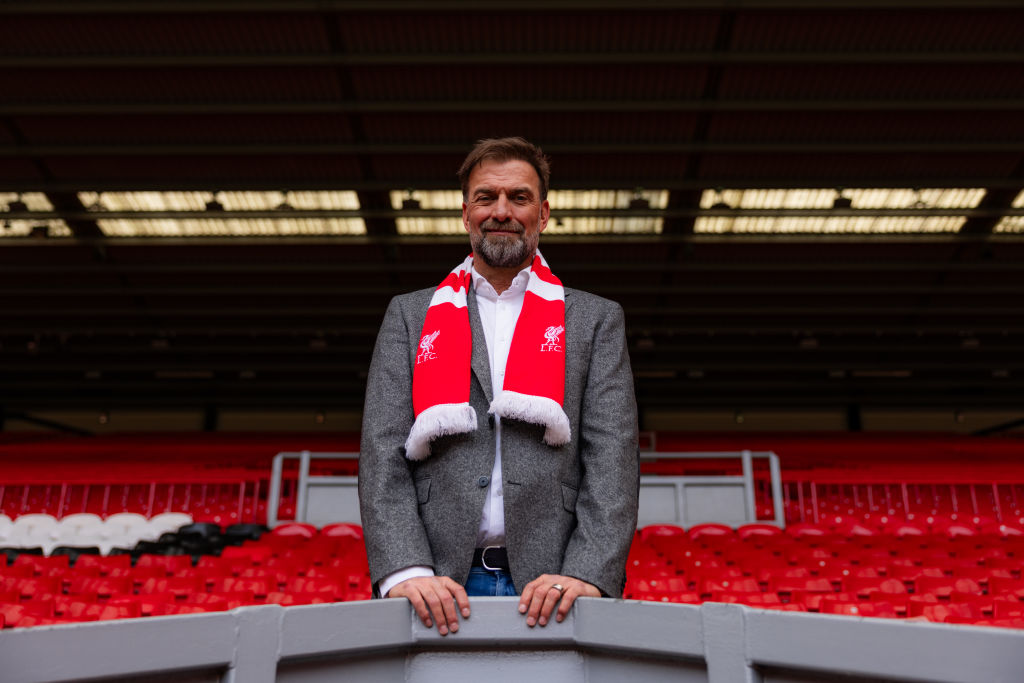
Albeit with the same “Group C was a very defensive group” caveat strongly emphasised, England’s overall defensive record is actually excellent: as long as Portugal concede at least one shot in their final game, England will finish the group stage with the best expected goals against record (1.15) of any of the 24 sides, and quite possibly by some distance.
But a lot of their best work off the ball has been in the final third. As has been repeatedly pointed out since the tournament began, they have issues higher up the pitch, which is also contributing strongly to the lack of clear-cut opportunities they are creating.
A lot of the TV coverage has talked about England’s weak press in terms of the pressure it invites on them, but as Jurgen Klopp would confirm, winning the ball earlier would also help England create better chances of their own. These are the very principles gegenpressing is built on, but you don’t have to be playing heavy metal football for that to be true; you are most likely to catch the opposition off guard by catching them mid-transition).
Instead, as Opta’s Ali Tweedale put it ahead of the Slovenia game: “It’s safe to say England are either not very good at pressing or not a team who want to press”. England are allowing the opposition to pass the ball far more and winning the ball far lower down the pitch than practically every other side at Euro 2024.
Not scoring from set pieces
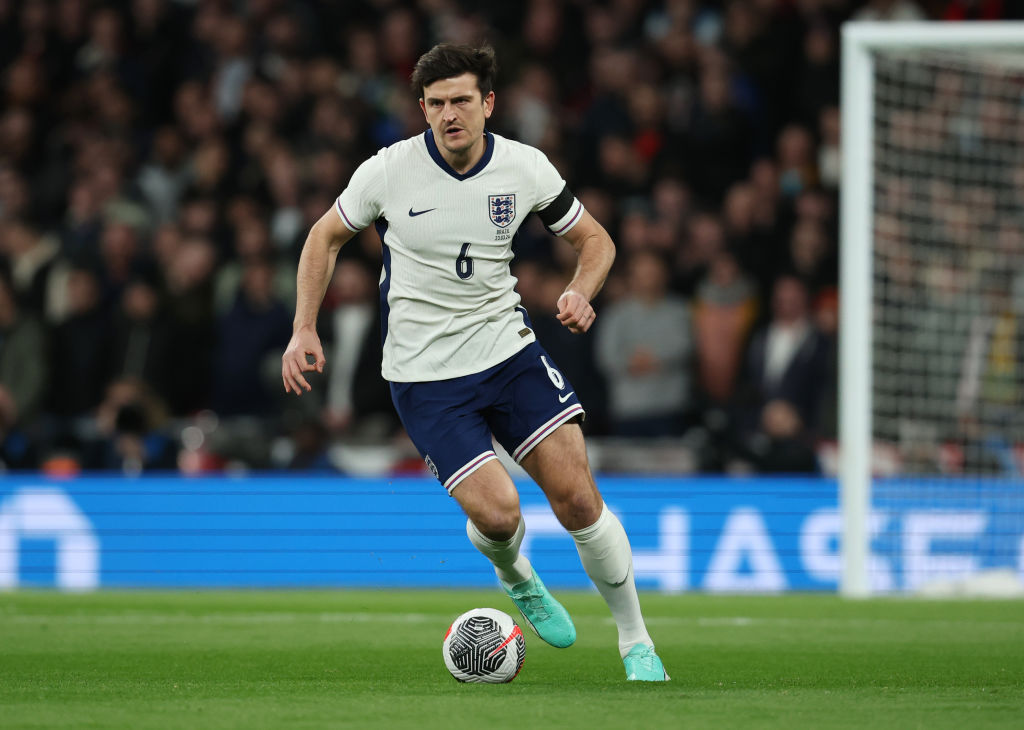
Previously a consistent source of goals for Southgate’s England at major tournaments – remember the Love Train? – but one that has now deserted them.
You only need to look at the line-up to see why: although they have some marvellous set piece takers, there’s not really anybody you would point to and say ‘that’s who they want on the end of it’.
Compared with their other issues, it’s relatively minor – but with a defensive record as strong as they have enjoyed so far, even just one set piece goal would have delivered one more victory and potentially changed the mood to get them into something like better form.
Limited options to change up the defensive shape

And as solid as that defence has been, Southgate does not have too many satisfactory alternatives available to him if he wants to change shape.
Previous Southgate sides have been successful playing three at the back, and that is still an option if Kyle Walker were to tuck in at centre-back, Alexander-Arnold went to wing-back, and Kieran Trippier continued on the other side (with some renegades calling for Saka to be tried out in that role).
But does that actually solve any of the issues England have further up the pitch? If you go 3-5-2, you lose the potency they should theoretically have on the flanks: how do you fit any of Palmer, Foden, and/or Saka into a system without wingers?
In a 3-4-3, meanwhile, you risk neutering Bellingham by saddling him with a box-to-box role that limits his ability in the final third – and it would be quite a dramatic change, at this stage, for England to shift into a classically counter-attacking formation. With knockout stages now upon them, is it worth risking upsetting the defensive solidity that they have at least managed to find?
That’s the issue, at the end of the day: as obvious as the problems may be, the potential solutions do not seem any clearer.
Get a free live stream to watch Euro 2024 from anywhere in the world to the summer's big tournament
More Euro 2024 stories
We have a guide on how to get Euro 2024 tickets if you're still looking to go to the tournament. Can’t make it out there? Don’t worry: here’s how to watch Euro 2024 live streams from anywhere in the world
We have the run-down on Euro 2024 stadiums, with info on host cities, capacities, and everything you need to know.
We also have a list of the Euro 2024 favourites, with best odds on nations to win European Championship in Germany, while these are the best Euros games ever and these are the best pundits ever.







